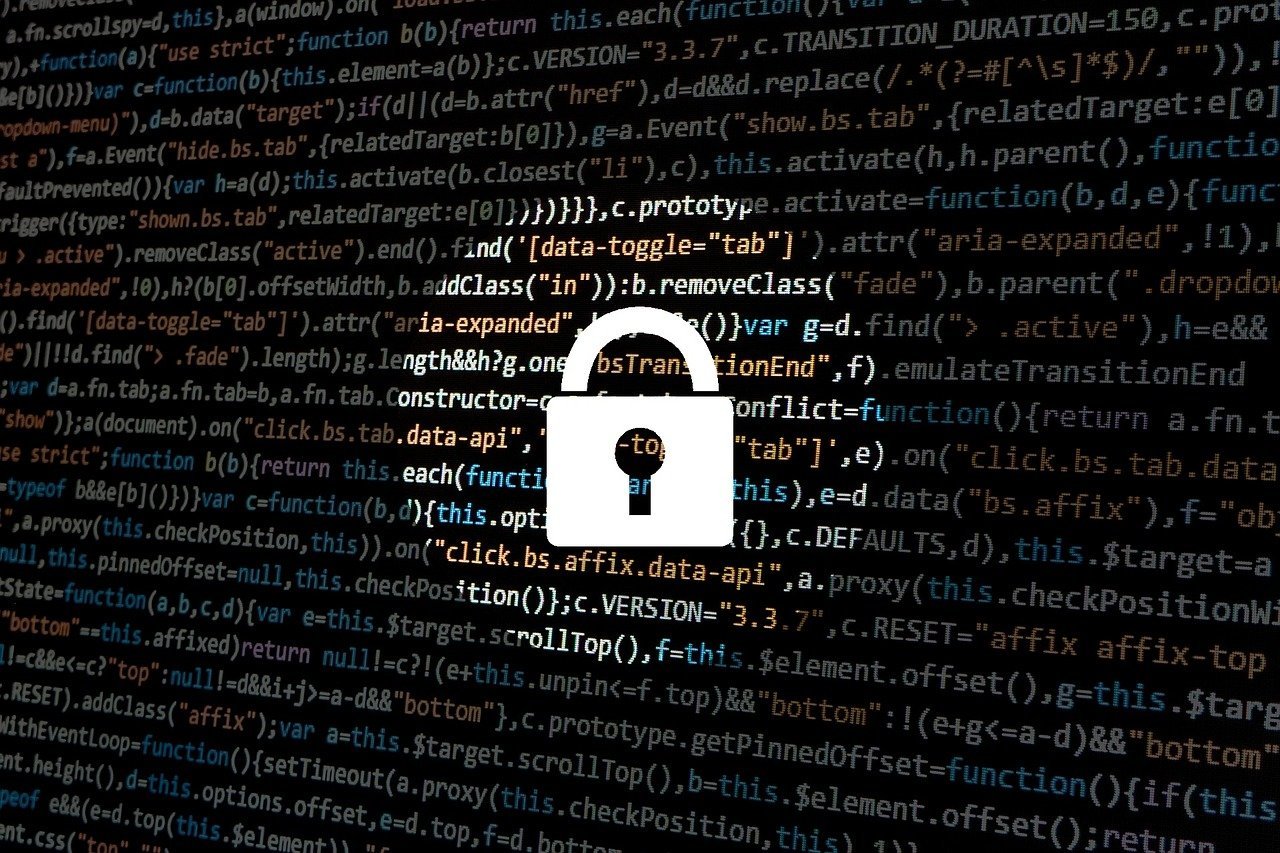Abubaker Deghayes was arrested for supporting terrorism while Mubarak Bala was condemning it. Their prosecutions are not equivalent injustices.
During the 2022 World Cup, President of FIFA, Gianni Infantino, gave a speech which appeared to defend the Qatari Government’s failure on sexual minority and workers’ rights. Infantino’s sermon accused those critical of FIFA and the Qatari government of hypocrisy.
The grounds for Infantino’s insinuation appeared to be that many of the most critical voices during the World Cup were also citizens of European countries whose governments and populations have also historically flouted human rights.
As very few individuals or organisations advancing the human rights cause during the World Cup also condone such historical wrongs as racial slavery or imperial conquest, the insinuation of hypocrisy is a clear category error and a case of guilt by association.
Another controversy regarding double standards in cross-cultural judgements surrounded the UK theatrical release of a part-historical, part-religious polemic called Lady of Heaven. The film presents a minority Shia perspective on the life of Fatima (daughter of Islam’s founding figure, Mohammed) who is painted as a victim of terrorism at the hands of revered figures in the Sunni tradition.
Heated protests followed outside Cineworld theatres in Birmingham, Bolton and Sheffield, leading to the cinema chain withdrawing the film.
The picketing was clearly animated by feelings of religious insult. Even so, defending the protests in media spots, cleric Shahid Ali; Sheik Ramzy, director of the Oxford Islamic Information Centre; and 5Pillars’ Roshan Salih, made rhetorical appeals to the wider public, citing the film’s divisive tone and historical inaccuracies as justification for a ban.
If appeals to intrareligious cohesion and historic accuracy seemed unpersuasive, two further claims made in favour of censorship may occasion reflection: firstly, that Lady of Heaven constitutes a work of (sectarian) hatred; and secondly, that it contains racist representations.
Categorising the movie as cinematic hate speech plays on western sensitivities – even taboos, concerning what can be said about certain groups in society.
The basic idea being advanced is one of consistency: how can the likes of Patrick Christy of GB News demand a live-and-let-live attitude of protesters when western liberals have their own, but no less culturally engendered speech taboos?
In fairness to such arguments, the boundaries of hate speech and offensive speech (of which blasphemy is a subset) can at times seem fuzzy, especially when hate speech legislation concerns itself with the honour—rather than security—of minority groups.
Even so, it would be a mistake to conclude that all restrictions on expression in more progressive societies can be grouped as unreasonable taboos; or, that whatever one perceives as hateful or offensive counts as legally or commercially actionable hate speech. After all, films like the Passion of the Christ, despite an Anti-Jewish agenda, were not subject to bans by the likes of Cineworld or the BBFC.
Two cases of legally sanctioned speech from 2022 also highlight tensions in cross-cultural comparisons and legitimate free speech boundaries.
The first concerns Mubarak Bala, an outspoken ex-Muslim, and president of the Humanist Association of Nigeria, who was sentenced to twenty-four-years imprisonment by the Kano State High Court in Northern Nigeria.
His crime: Facebook posts critical of Islam, alleged to have caused —or having the potential to cause—a public disturbance.
One such post compared Islam’s founder to a popular, contemporary Nigerian religious figure, TB Joshua, and more provocatively, a ’terrorist’.
In the same month in the United Kingdom, Abubaker Deghayes, a Muslim, of Libyan extraction, and UK citizen, was convicted by the Central Criminal Court to a four-year custodial sentence. His crime: a conspiracy-inflected speech delivered inside a Brighton Mosque.
The speech spoke critically of the then UK Prime Minister Boris Johnson and the Government’s counterterrorism Prevent Strategy. Later Deghayes proclaimed the necessity of ‘jihad by sword,’ accompanied by a stabbing gesture. The court documents attest that Deghayes was found to be expressing views that could be seen to imply support for terrorism.
The similarities between these cases provides ample fodder for relativists in search of moral equivalence: both Bala and Deghayes belonged to ideological minorities in their respective countries, both were sentenced for expressing their deeply held worldviews—and both were held accountable for what their words would lead others to do.
But distance makes many things look alike; a closer look explains why organisations like Amnesty International are campaigning for the liberation of Bala but not Deghayes.
Most obviously, there is the disproportionate sentence lengths relative to the alleged crimes and the question of legality in arrest and jailing.
The British legal system observed legal protocol in the detainment and prosecution of Deghayes, unlike Bala, who was detained without charge for 432 days. Deghayes was served a custodial sentence of less than five years, Bala: two decades plus.
A sharp moral distinction also appears in each man’s attitude towards violence. Bala’s Facebook posts condemned terrorism, whereas Deghayes’ utterances are easily read as incitement to terrorism.
Deghayes’ prosecutor was quoted in the local press, as stating that, “He is someone who believes in the use of violence in the cause of Islam.” Crucially, however, it was not Deghayes mere proclamation of Jihad by sword that was problematic.
A belief in outer jihad is mainstream Islam; most Muslims, like most Christians and most atheists, believe that there are circumstances in which violence can be legitimately wielded by state actors. The issue with Deghayes’ call to arms is it followed a condemnation of the British government and antiterrorism legislation. In other words, Deghayes made the link to terrorism himself. This established to the court’s satisfaction that his words when heard would be construed as endorsing terrorism and a risk to public safety.
This is not to deny any red flags in the Deghayes example: one worry is the extent to which Judge Lickley’s calculations of risk of incitement to violence employed an availability heuristic instead of carefully calculated probabilities, including the relevant prior that terrorism is an extremely unlikely event.
In any case, only Bala’s prosecution involves the cynical use of public safety concerns to silence opinion.
As the lynching of Nigerian student Deborah Yakub drives home, it is Bala himself whose safety was compromised by his posts.
Indeed, Bala’s charges make about as much legal sense as charging shopkeepers for encouraging theft by supplying goods.
There are further asymmetries between both men’s cases, but a final similarity is significant: this concerns what both men’s charges and sentencing reveal in the judgement of those presiding over their trials.
Both men’s charges depend on inferring what their words would lead other citizens to do, specifically members of the Muslim public in Britain and Nigeria.
If the Crown Court’s suggestion that Deghayes’ captive audience are at risk of being easily seduced to violence involves groundless stereotyping – a bigotry of low expectation, it is one shared by the Muslims presiding over Bala’s kangaroo court—and for that matter those defending the Cineworld protests in terms of provocation to sectarian violence.
Bala has been punished for daring to link Islam to violence and was sentenced on grounds that Muslims will respond with violence. Ironically, Bala is being punished for expressing views that his prosecutors agree with. If these concerns of Muslim sensitivity and thuggery is mere antimuslim prejudice: a Muslim-thug libel, if you will, then Bala’s case dissolves.
In the meantime, those disheartened by the presence of moral relativism in public debates and fundamentalism in public life may take comfort in the following fact: no matter the disagreements that exist among citizens regarding our many different ethical outlooks, the architecture underpinning pluralistic societies –if it is to be credible– demands consistency.
Highlighting apparent inconsistencies in the justifications regarding what can and cannot be freely said in Western societies may therefore actually encourage policy makers to develop more logical and transparent free speech boundaries. In this process of refinement, regions of the world downstream from western culture will find it increasingly hard to make parasitic appeals to the language of hate speech and public safety as a cloak for religious supremacy.








Article Discussion